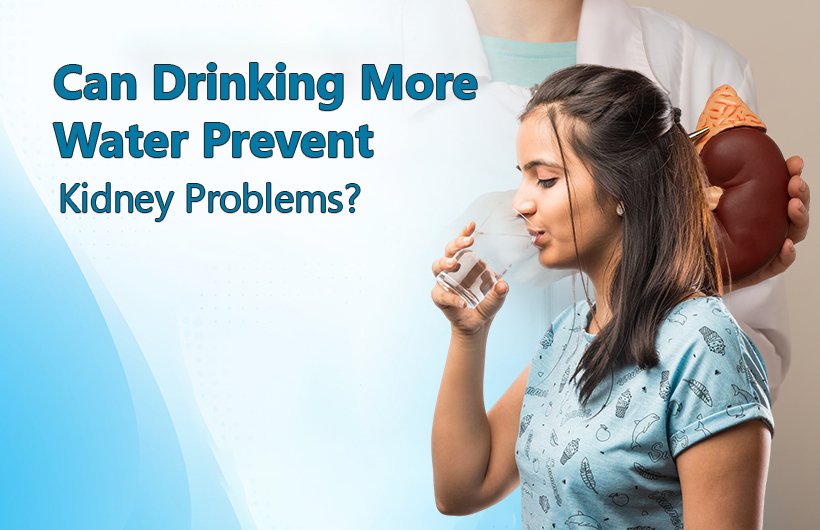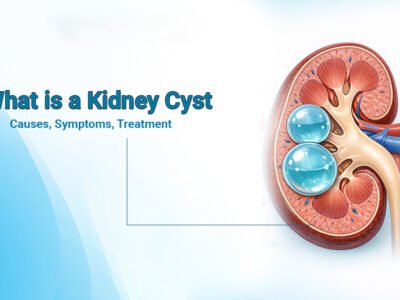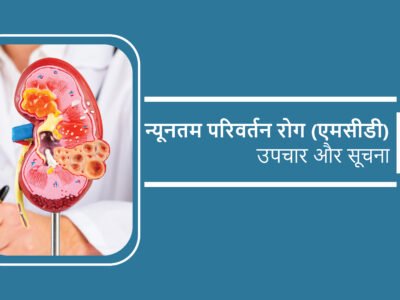Your kidneys are the body’s unsung heroes—quietly working 24/7 to filter waste, regulate blood pressure, balance fluids, and keep your body chemistry stable. Because they play such a crucial role in overall health, protecting them is a must.
One of the most popular pieces of health advice is simple: “Drink more water—it’s good for your kidneys.” But is that really true? This blog dives into the science behind hydration and kidney function to uncover whether chugging extra water is actually a smart move or just another health myth.
Why Water Matters for Kidney Health
Your kidneys filter around 50 gallons of blood every single day, removing waste, toxins, and excess fluids through urine. But this system depends heavily on hydration. Water is essential to keep the filtration system running smoothly.
When your body lacks sufficient fluids:
- Urine gets more concentrated, and this leads to difficulty flushing out minerals.
- It might cause an accumulation of substances such as calcium, oxalate, and uric acid, which can form kidney stones.
- Dehydration also predisposes the urinary tract infections (UTIs), which may be transmitted even to the kidneys sometimes.
To summarize: hydration leads to kidney functionality, and dehydration batters them.
Does Increased Drinking of Water Prevent Kidney Problems?
How about we analyse the research breakdown:
1) Kidney Stones
Drinking more water helps prevent kidney stones. When you stay well-hydrated, your urine is less concentrated, so the minerals that cause stones are flushed out before they form.
2) Urinary Tract Infections (UTIs)
Studies show that women who drink more water tend to get fewer UTIs. More water means more frequent urination, which helps flush out bacteria before they reach the kidneys.
3) Chronic Kidney Disease (CKD)
The link between hydration and Chronic Kidney Disease(CKD) is not very clear. Some studies suggest staying hydrated might slow down CKD, but it’s not guaranteed. Other factors like genes, high blood pressure, and diabetes also play a big role.
4) Overhydration – Yes, Too Much Water Can Be Harmful
While drinking water is important, having too much can be dangerous. Overhydration can lead to a condition called hyponatremia, where sodium levels in your blood drop too low. This can be serious, especially for people with kidney problems.
How Much Water Should You Really Drink?
There’s no exact rule for everyone, but here’s a general idea:
- Men: About 3.7 liters a day (including water from food)
- Women: About 2.7 liters a day
You might need more water if:
- You exercise regularly
- You live in a hot climate
- You’re sick or losing fluids (like from fever or diarrhea
Important Note: If you have kidney problems like CKD, drinking too much water can actually be harmful. It can lead to swelling or high blood pressure. Always talk to your nephrologist in Ahmedabad before changing your fluid intake.
Signs You’re Not Drinking Enough Water:
- Dark yellow urine
- Feeling thirsty only once in a while
- Not urinating regularly
Easy Tips to Stay Hydrated:
- Keep a reusable water bottle with you and sip throughout the day
- Eat water-rich foods like cucumber, watermelon, oranges, and lettuce
- Set phone reminders to drink water every 2–3 hours
- Try coconut water or herbal teas (without caffeine)
- Avoid sodas and energy drinks – they do more harm than good
Conclusion
Water is great for your kidneys, but balance is the key. Drinking the right amount can help prevent kidney stones, Urinary Tract infections (UTIs) and may even slow down kidney disease. But drinking too much water can be risky, especially for people with existing kidney problems.
The takeaway?
Make a habit of staying hydrated, but don’t overdo it. And most importantly, talk to a kidney specialist before making any major changes to your fluid intake.
Worried about your kidney health?
Book an appointment with Dr. Ravi Bhadania, a trusted and experienced kidney Doctor in Ahmedabad. Your kidneys do a lot for you—make sure they get the expert care they need.


